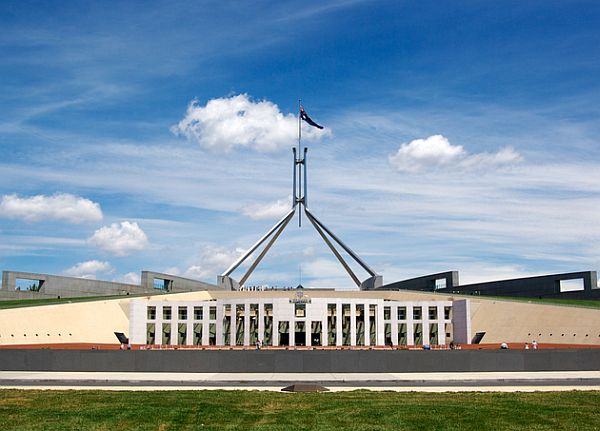10 Oct 2013

The oil and gas industry hopes in the wake of the federal election Australia is entering a new period of policy clarity.
There is a growing need for a constructive and stable approach to policy development and implementation. We cannot afford an ad hoc or short-term approach to policy. At a time of global uncertainties and volatile financial markets, it is more vital than ever that Australia’s policy environment encourages investment and enhances national competiveness.
Australia’s natural gas industry is investing almost $200 billion in projects across the country.
Modelling by Deloitte Access Economics shows that last year the industry was responsible for more than 100,000 jobs across Australia, put about $30 billion into the national economy and paid almost $8 billion in tax.
And this contribution to national prosperity, regional development and energy security will grow even further. According to Deloitte Access Economics, based on projects committed and under construction, in 2020 the Australian industry will contribute $64.7 billion value added to the national economy, and deliver more than $13 billion a year in royalties and taxes.
At a time when government spending demands are outstripping revenues, that equates to the funding needs of more than 25,000 public hospital beds, or enough to cover the annual education costs of 1 million students in government primary schools.
This calculation is based on projects that are already approved or considered highly likely to proceed.
The industry’s contribution could be even greater if still more projects are approved and built.
Deloitte Access Economics estimates that in 2020, the industry could be contributing more than $90 billion in value added to the national economy and paying $18 billion in taxes and royalties.
But this will only happen if more large oil and gas projects are approved and built. And there are real reasons for concern that threats are now emerging to the liquefied natural gas industry’s plans for further investment and development.
Australia’s regulatory processes for approving projects have become increasingly inefficient and access to oil and gas resources is now subject to ever more restrictions. And all of this is happening at a time when we face strong competition from emerging LNG competitors in North America and East Africa.
Australia’s attractiveness as a place to invest is under enormous pressure. Unless the next Parliament can work with industry to rectify this, the next generation of Australian LNG projects may never be built.
To maximise investment, jobs growth and tax revenue, the new government must commit to policies that pursue more export sales while also delivering more gas domestically to households and factories. The next Parliament must:
- Deliver a stable, predictable and competitive taxation regime that encourages investment and avoids shocks or surprises.
- Resist calls for energy policy interventions that force non-commercial outcomes – and show leadership to state and territory governments to do the same.
- Deliver regulation based on sound scientific principles, real-life operational practices and transparent assessment – and show leadership to state and territory governments to do the same.
- Resolve the problem of duplication of green tape and red tape across jurisdictions. It is adding to the time required to develop projects, adding to the costs of developments and adding to the risks faced by investors.
- Address the need for providing a skilled workforce for Australian energy developments through training and continuing access to overseas labour markets.
Developing new gas supplies is absolutely critical if Australia wants to put downward pressure on energy prices, meaningfully reduce greenhouse gas emissions, and bring on the next wave of Australia’s prosperity.

